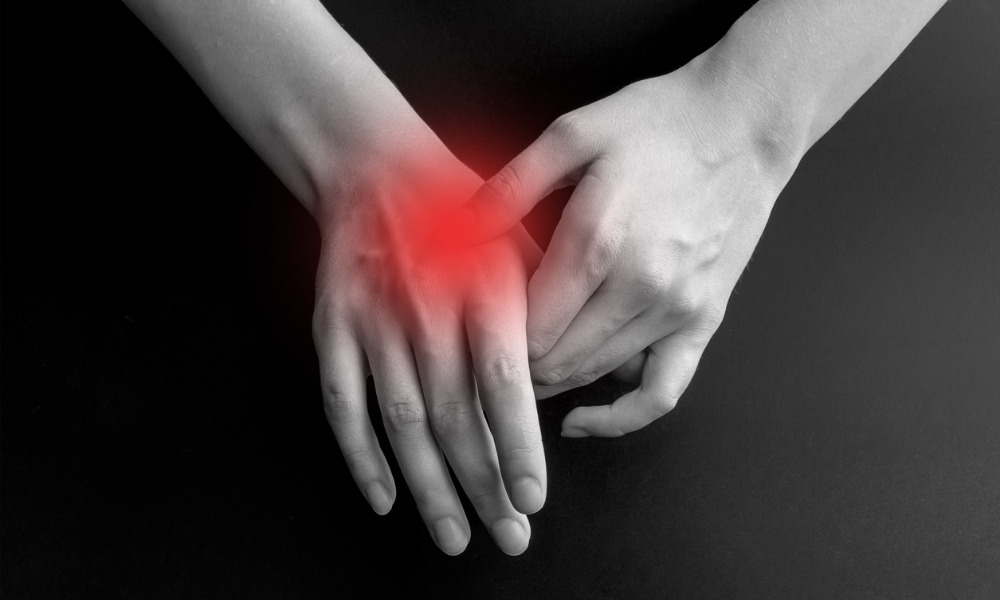‘Now more than ever, there is a need to create safer workplaces and one way we can do that is by raising awareness’

A few days ahead of Repetitive Strain Injury (RSI) Awareness Day on Feb. 28, the Canadian Centre for Occupational Health and Safety (CCOHS) is encouraging employers and workers across Canada to join its information campaign on preventing these types of injuries in the workplace.
“During the course of the COVID-19 pandemic, Canadians have experienced significant challenges both physically and mentally as they have had to adapt and pivot to a new way of working,” said Anne Tennier, president and CEO, CCOHS. “Now more than ever, there is a need to create safer workplaces and one way we can do that is by raising awareness and promoting prevention practices on International Repetitive Strain Injury Awareness Day.”
CCOHS is encouraging anyone interested to share its collection of cards on social media to spread the word about RSI on Feb. 28 using the hashtag #PreventRSI.
Organizations can also download and post a website badge that links to CCOHS’s free resources and tools on musculoskeletal disorders and other ergonomic concerns to inform their workers.
The collection of shareable social media cards and website badges, along with additional resources such as infographics, fact sheets, online courses, podcasts, and mobile apps are available on CCOHS’ International Repetitive Strain Injury Awareness Day website.
RSI knowledge
“Gripping, holding, bending, twisting, clenching, and reaching - these ordinary movements that we naturally make every day are not particularly harmful in the activities of our daily lives. What does make them hazardous in work situations though, is the continual repetition of the movements,” says CCOHS.
“Other contributing work factors may include awkward postures and fixed body positions, excessive force concentrated on small parts of the body such as the hand or wrist, a fast pace of work with insufficient breaks or recovery time, and psychosocial factors such as stress.”
However, there are still many unknowns when it comes to preventing these injuries, according to the Institute for Work & Health (IWH).
This is the case even though MSDs are one of the most common occupational diseases. In fact, musculoskeletal conditions have the most impact on employers’ overall health-care costs, according to a survey in Canada and the United States released in December 2019.
“Current practices in MSI prevention are diverse. However, little research evidence is available on the most effective occupational health and safety (OHS) interventions for MSI prevention, and even less is known about how to implement them successfully,” IWH said.
Every October, the world observes National Ergonomics Month. Poor ergonomics can lead to musculoskeletal disorders (MSDs), according to a previous COS report.
IWH also worked with partners in Newfoundland and Labrador to create a resource that draws upon the best available research evidence on RSI and integrates it with practice evidence.





